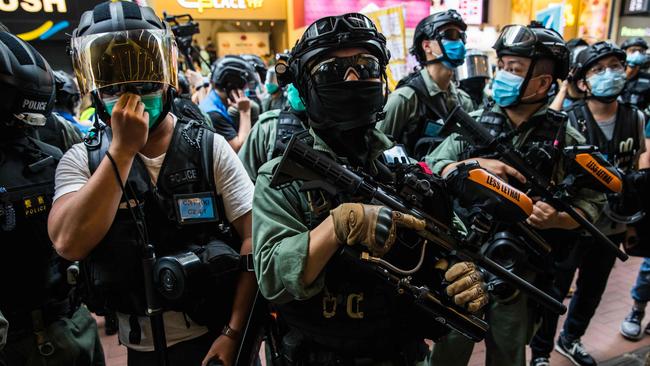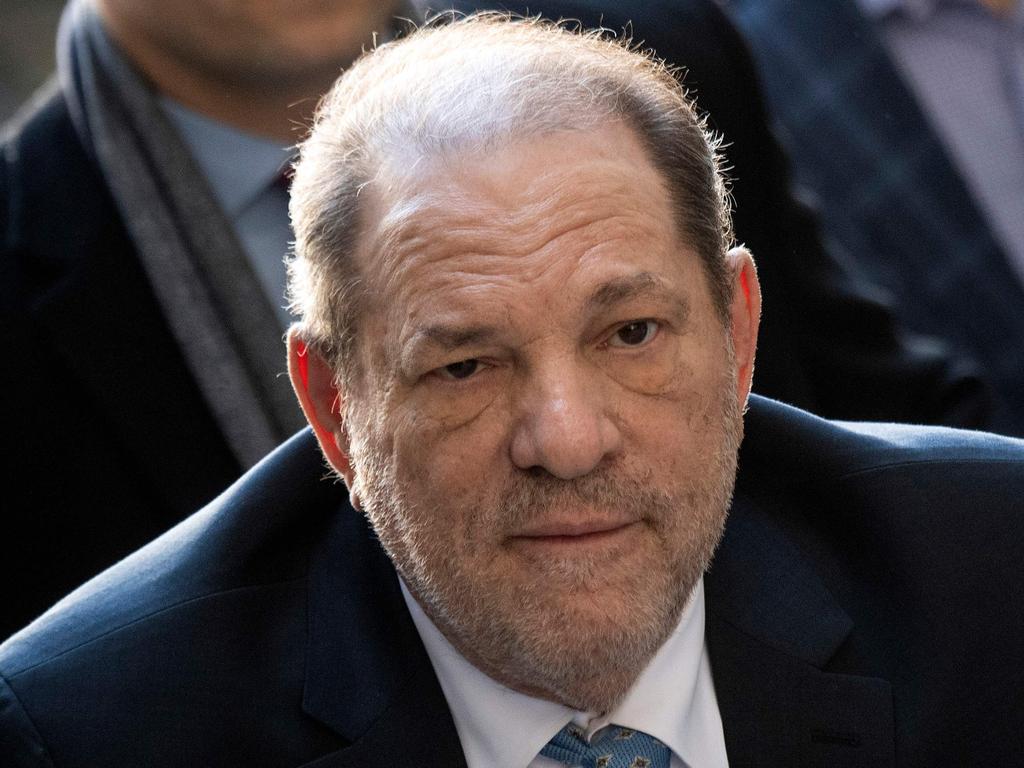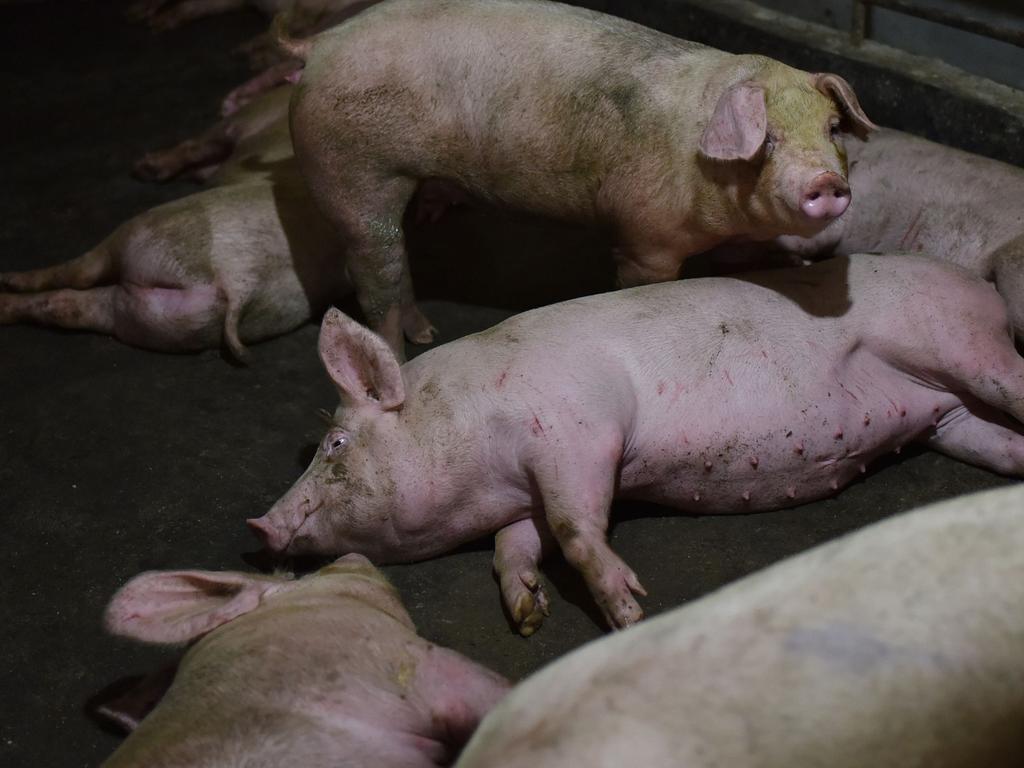Hong Kong erupts over China law as 180 arrested
Hong Kong police have made the first arrests under Beijing’s new national security law as thousands defied a ban on protests.

Hong Kong police have made the first arrests under Beijing’s new national security law as the anniversary of the city’s handover to China was met by thousands defying a ban on protests.
Police deployed water cannon, pepper spray and tear gas throughout Wednesday afternoon, arresting more than 180 people, seven of them for breaching the new national security law.
In response, British Prime Minister Boris Johnson said the UK would extend immigration rights to people in Hong Kong with British National Overseas status.
The confrontations came a day after China imposed its controversial legislation on the city, a historic move decried by many Western governments as an unprecedented assault on the finance hub’s liberties and autonomy.
Beijing said the law would restore stability. But its imposition sparked the worst unrest in months. Certain political views and symbols became illegal overnight, including showing support for Hong Kong, Taiwan, Xinjiang and Tibet independence. Police said the first two national security arrests were for people possessing signs promoting independence.
“Advocacy for independence of Hong Kong is against the law,” Security Minister John Lee said.
Many of those protesting on Wednesday chanted independence slogans. “What this authoritarian regime wants to do is to terrorise the people and stop them from coming out,” Chris To, a 49-year-old protester, said.
Police said one officer was stabbed in the shoulder as he tried to make an arrest.
Beijing officials rebuffed Western criticism of the law. “What’s this got to do with you?” said Zhang Xiaoming of Beijing’s Hong Kong office. “It’s none of your business.”
Officials insisted there had been wide consultation with members of Hong Kong society and hit back at criticism it was undermining Hong Kong’s autonomy.
“If what we want is one country, one system, it would have been simple,” Mr Zhang said, referring to a 1997 handover deal from Britain known as “One Country, Two Systems”. “We are completely able to impose the criminal law, the criminal procedure and the national security law and other national laws on Hong Kong.’’
Under a deal ahead of the 1997 handover, China guaranteed Hong Kong civil liberties as well as judicial and legislative autonomy until 2047.
“(China) promised 50 years of freedom to the Hong Kong people, and gave them only 23,” US Secretary of State Mike Pompeo said as he promised unspecified countermeasures. But Mr Zhang described threats of sanctions as “gangster logic”.
Hong Kong leader Carrie Lam hailed the new laws as the “most important development” since the city’s return to Beijing’s rule.
Canada updated a travel advisory on Wednesday, warning that Hong Kong citizens faced an increased risk of arbitrary detention or even extradition to mainland China. In Taiwan, authorities there opened a new office to deal with Hongkongers seeking refuge. President Tsai Ing-wen had pledged a humanitarian “action plan”.
About 5000 Hongkongers moved to Taiwan last year as the city was shaken by massive anti-government protests. They included activists seeking sanctuary and others looking to pursue a new life in Taiwan.
Taiwan’s government said it would cover “necessary expenses” for those who came to the island for political reasons because their freedom and safety were under threat.
By raising the new purple warning flag, #HKPolice warned #HKProtestors chanting #HKIndependence slogans that they may have breached #NationalSecurityLaw in #CausewayBay, Hong Kong. pic.twitter.com/xwcSjHL7dO
— Hong Kong Police Force (@hkpoliceforce) July 1, 2020
Britain described the new laws as a “grave step” and “deeply troubling”.
Chris Patten, the last colonial governor of Hong Kong, called the law “the end” of One Country, Two Systems. “It is a flagrant breach of the Sino-British Joint Declaration — a treaty lodged at the United Nations — and Hong Kong’s mini-constitution, the Basic Law,” he said.
Twenty-seven countries including Australia, Britain, France, Germany and Japan issued a rare oral rebuke of China at the UN Human Rights Council in Geneva, describing “deep and growing concerns” over the new law.
The July 1 anniversary of Britain’s 1997 handover to Beijing has long been a polarising day in the city. Beijing loyalists celebrate Hong Kong’s return to the motherland. Democracy advocates have used the occasion to hold large rallies as popular anger towards Beijing swells.
AFP







To join the conversation, please log in. Don't have an account? Register
Join the conversation, you are commenting as Logout